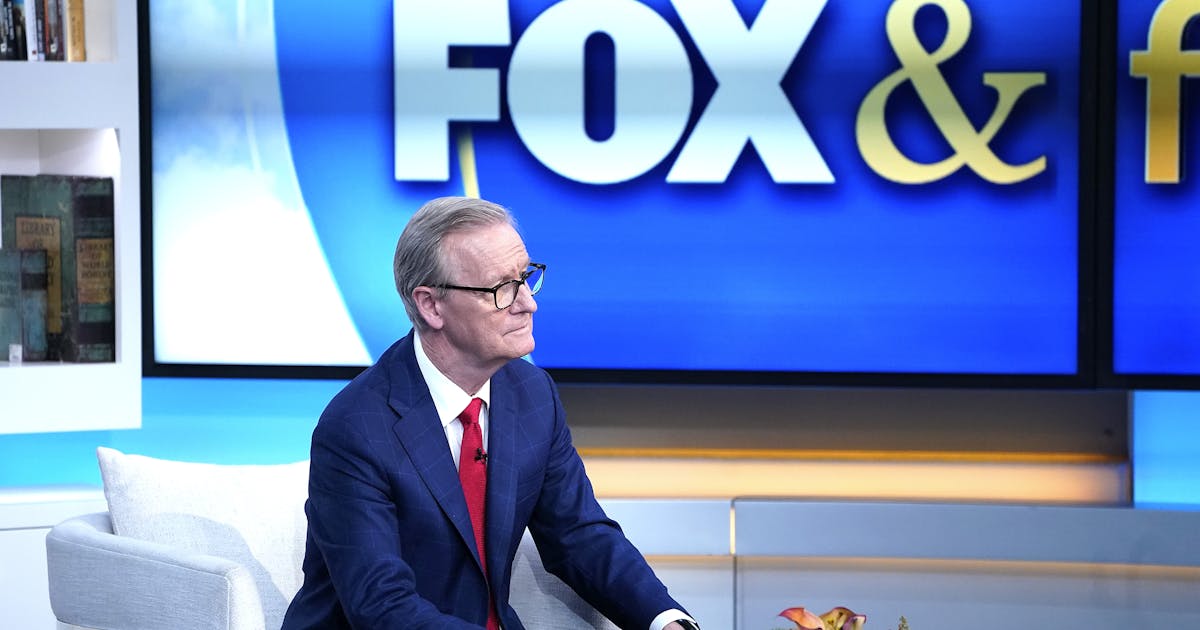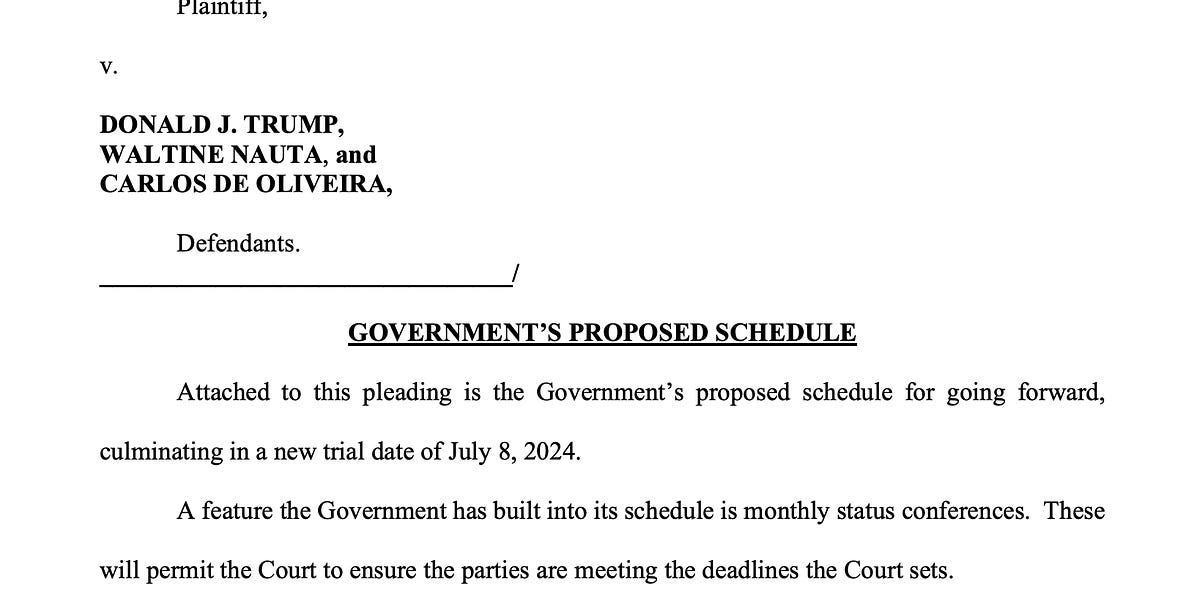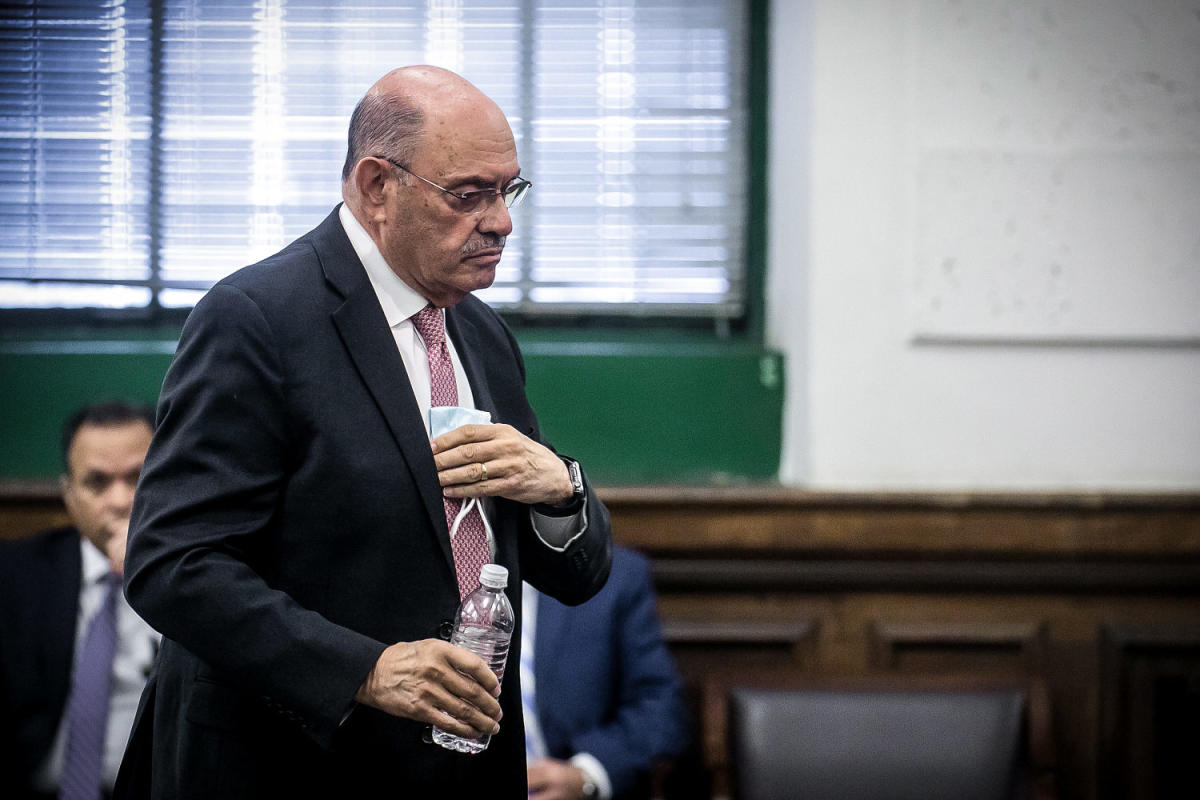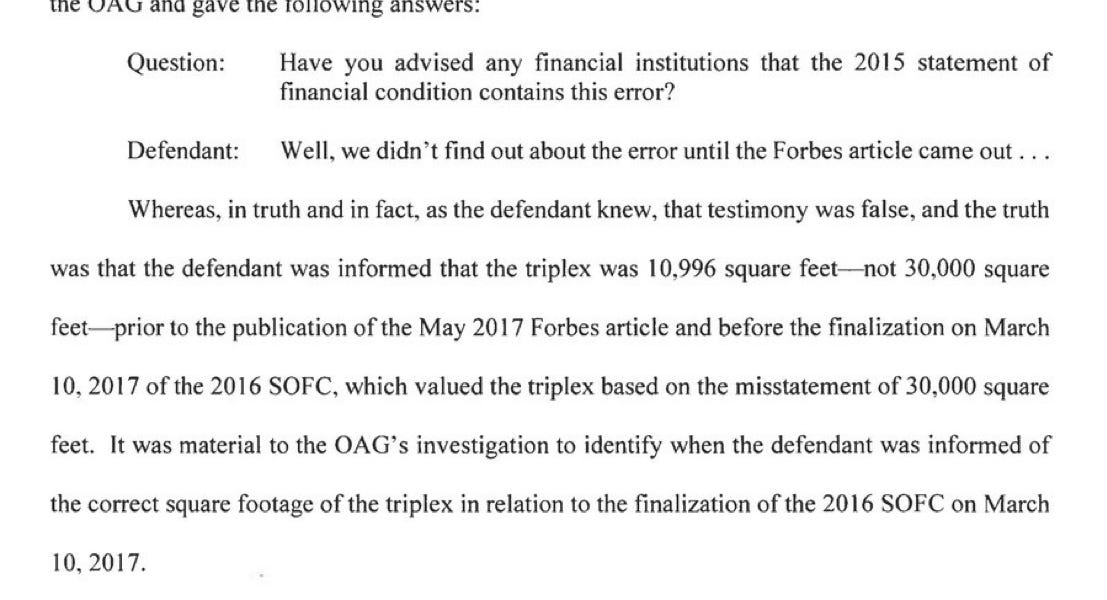Sixties Fan
Diamond Member
- Mar 6, 2017
- 53,741
- 10,437
- 2,140
- Thread starter
- #821
Follow along with the video below to see how to install our site as a web app on your home screen.

Note: This feature currently requires accessing the site using the built-in Safari browser.
Looks like it triggered Sixties Fan...............This case will cripple Trump financially.




